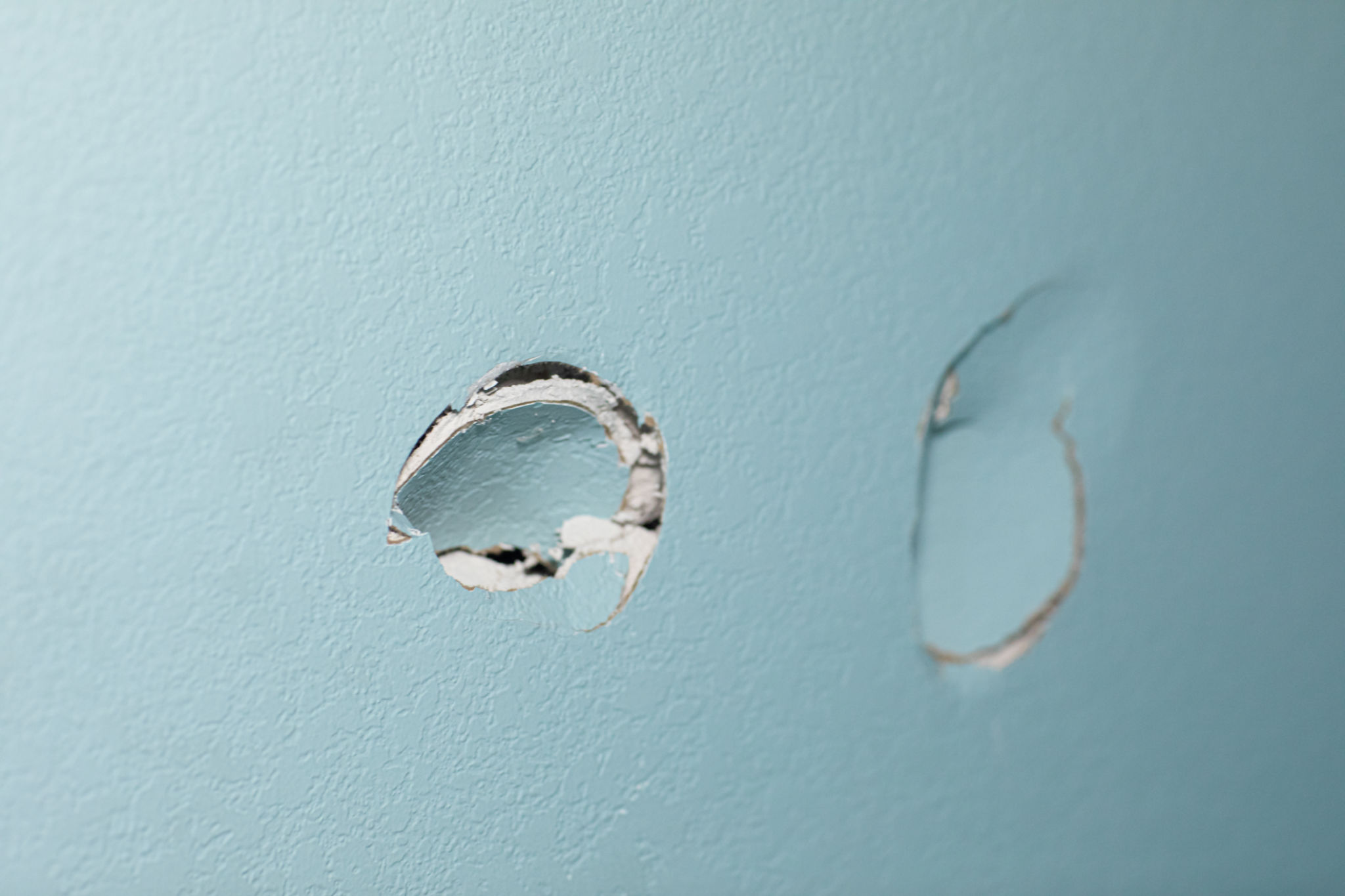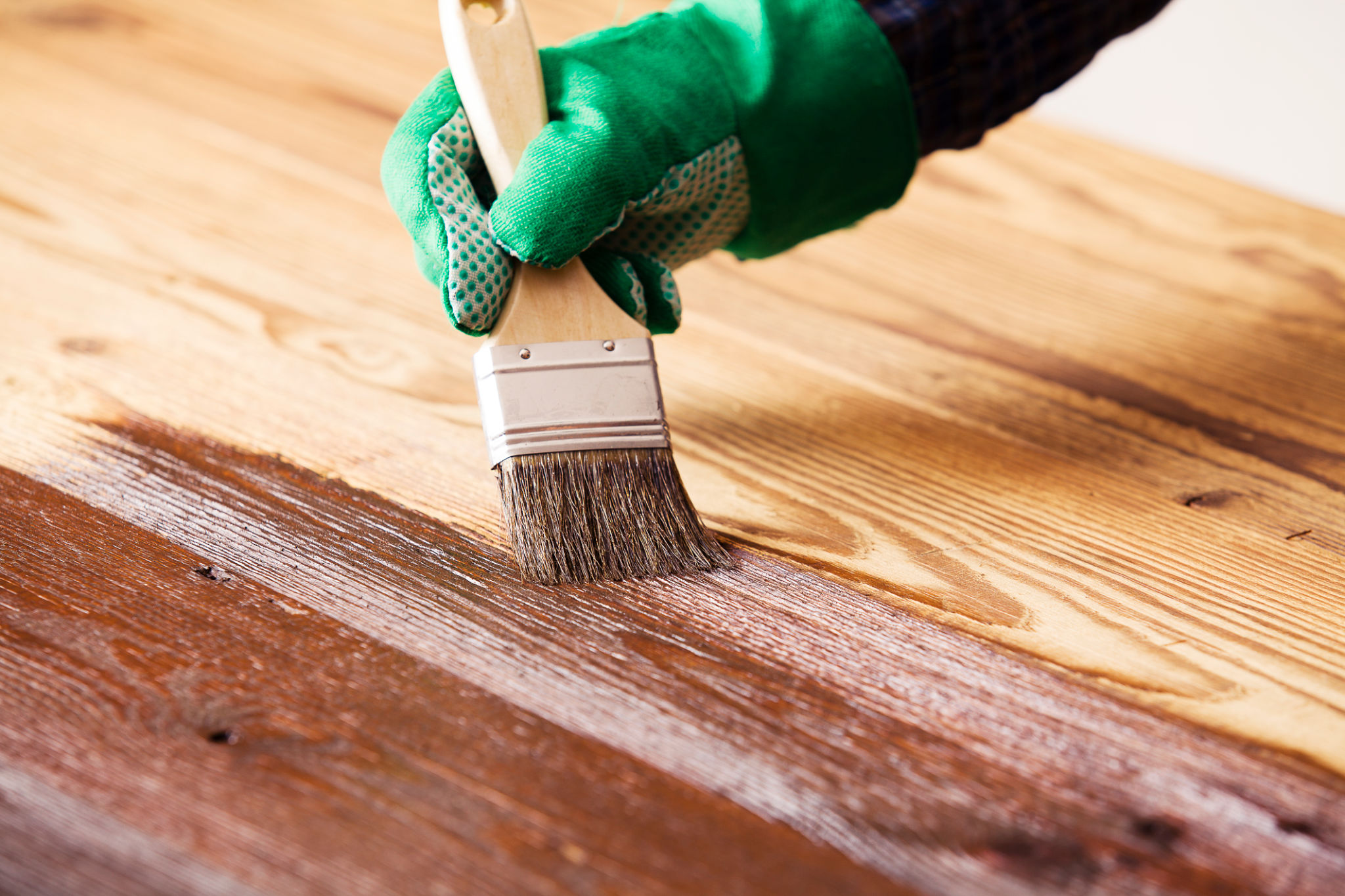Preparing Your Middlesex County Home for a Professional Paint Job
Understanding the Importance of Preparation
Preparing your Middlesex County home for a professional paint job is a crucial step to ensure a long-lasting and high-quality finish. Proper preparation not only helps the paint adhere better but also enhances the overall appearance of your home. Whether you're repainting a single room or the entire exterior, taking the time to prepare can make a significant difference.
One of the most important aspects of preparation is ensuring that surfaces are clean and free from dirt, dust, and grease. These contaminants can prevent the paint from sticking properly, leading to peeling and chipping over time. Additionally, addressing any existing damage like cracks or holes in the walls will provide a smoother surface for painting.

Cleaning and Repairing Surfaces
Before any painting begins, it's essential to clean all surfaces thoroughly. For interior walls, using a mild detergent mixed with water will suffice. Scrub gently with a sponge to remove any grime or fingerprints. For exterior surfaces, a power washer can effectively remove dirt, mildew, and old paint.
Once the surfaces are clean, inspect them for any damage. Repairing cracks, holes, or peeling areas is critical to achieve a flawless finish. Use filler or putty to address imperfections and sand them down once dry to create an even surface.

Protecting Furniture and Floors
When preparing for a paint job, it's important to protect furniture and flooring from accidental paint spills and splatters. Move furniture to the center of the room or to another area if possible. Cover these items with plastic sheeting or drop cloths to safeguard them from paint drips.
Similarly, use drop cloths on the floors to prevent paint from staining carpets or hardwood. For added security, apply painter's tape along baseboards, trim, and any other areas where paint is not desired. This simple precaution can save you from time-consuming cleanups later.

Selecting the Right Paint
Choosing the right paint is crucial for achieving the desired look and durability. Consider factors such as color, finish, and quality. High-quality paints often provide better coverage and longevity, making them a worthwhile investment for your home.
For interior spaces, consider the purpose of each room when selecting colors. Lighter shades can make a room feel more spacious, while darker hues add coziness. For exteriors, opt for colors that complement the architectural style and surrounding environment.
Communication with Your Painting Contractor
Effective communication with your painting contractor is essential for a successful project. Discuss your expectations, color choices, and any specific requirements you may have. A professional contractor will appreciate your input and work with you to achieve the desired outcome.
Before work begins, ensure you have a clear understanding of the timeline and schedule. This will help you make necessary arrangements and avoid disruptions during the painting process.

Final Preparations Before Painting Begins
As the painting day approaches, double-check that all preparations are complete. Ensure that surfaces are clean, repairs are dry and sanded, furniture is protected, and any necessary permits or permissions are obtained if applicable.
A well-prepared home sets the stage for a successful professional paint job, resulting in a beautiful and refreshed living space that you can enjoy for years to come.
